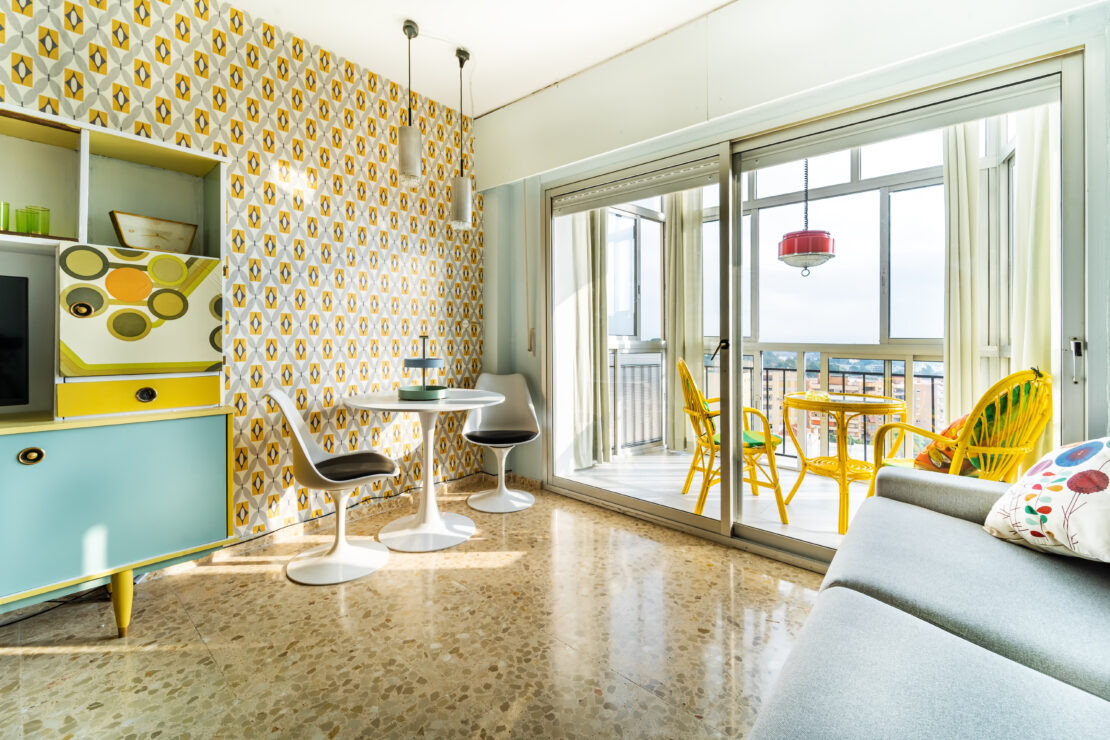Vintage Items Find New Life in Post-Pandemic World
Are you in the market to sell preloved items of personal property?
Before conducting your own research into the best avenues of sale, you should become familiar with these terms: sustainability, re-commerce, and upcycling.
Why have these words become synonymous with personal property?
Sustainable living has become increasingly important to younger buyers. As such, the pursuit of reducing our collective environmental impact has caused individuals to look no further than local vintage and antique shops. Recent issues with supply chains have helped to push second-hand stores back into the spotlight. A recent article in The Washington Post states, “Consumers are finding that secondhand furniture is both sustainable and available.”
When compared to inexpensive ‘fast furniture,’ upcycled smaller pieces from the Edwardian and Victorian eras are quickly finding their way into condo-dwellers’ collections. Whether purchasing pre-owned furniture, collectibles or vintage fashion, buyers are showing up in droves to repurpose these otherwise forgotten items.
A recent resale report produced by Chairish charted growth in online furniture and housewares sales, noting that 2020 saw an increase of 41% ($36.1 billion). While the pandemic has played a role in the increase of buying and selling goods through virtual platforms, the forecast for growth continues to skyrocket.
What does this mean for executors who may find themselves overseeing the sale of household contents within an estate or collectors/downsizers who are looking to change their style?
Before you make decisions about donating items of personal property that may seem impractical or outdated, seek the advice of an unbiased and objective personal property appraiser. Qualified appraisers produce reports for charitable donation tax credits while providing clients with a clear understanding of the market based on methodology and thorough market analyses.
Personal property appraisers are:
- Qualified (credentialed)
- Knowledgeable
- Objective
- Unbiased
Detailed information about qualification criteria for personal property appraisers can be found on The Appraisal Foundation and the International Society of Appraisers (ISA) websites. Standard indicators include qualifying education, continuing education and experience requirements. Note, appraisers should not express interest in the item or items being appraised nor should their appraisal fees be a percentage of the value of your items.
Whether you decide to sell or consign your antiques, furnishings and decorative arts through a brick and mortar business or a firm that operates in e-commerce, it is important that you understand the current market before making the decision on where to sell your preloved pieces. Keep in mind that certain items of personal property are strong within the current market and should not be overlooked.
______
Written by Julie Riches
Julie Riches is the owner of Riches Appraisal and Consult and is a generalist appraiser specializing in estate services for household contents. Areas of expertise include glass, porcelain, silver, clocks, furniture, textiles, coins, and militaria. She is an Accredited Member of the International Society of Appraisers and writes USPAP compliant appraisal reports for financial institutions, estate lawyers, historical institutions, and government agencies. Julie also works directly with private collectors, executors, and beneficiaries.


